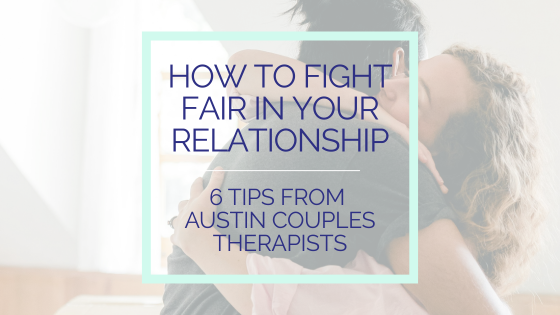In a previous post, we started a discussion about some ways that panic attacks and anxiety differ. In this post, we’ll focus on how to support someone experiencing panic attacks (although some of these suggestions can be used when either condition is present).
Unless you and your loved one have discussed how you can support them, prior to the onset of a panic attack, you can feel helpless and uncertain about what to do. Panic attacks can be overwhelming and frightening for the person experiencing the attack, and you have the opportunity to provide a safe and supportive environment for them at that moment.
Here are some suggestions for how to care for someone who is having a panic attack:
You may feel worried or concerned when someone you care about is in distress, but it's important to remain as calm as possible. Panic attacks can also stir up strong emotions for you in the moment, so try to maintain a sense of calm within yourself, as you help the person experiencing the attack.
Panic attacks can feel like a medical emergency, so it's important to reassure the person that they are safe and that the attack will pass. Let them know that they are not alone and remind them that you are there to support them.
Certain stimuli or situations can trigger panic attacks, so it's important to create a safe and comfortable environment for the person experiencing the attack. This may involve removing any triggers you are aware of and finding a quiet, private space for them to recover.
Panic attacks can include rapid breathing, which can make the attack feel worse. Provide encouragement to take slow, deep breaths to help slow their heart rate and calm their body. You can demonstrate how to take deep breaths, if you observe that they are feeling short of breath.
Urge the person to use any coping strategies that they have learned, such as deep breathing or focusing on the details of the environment around them. If they don't have any coping strategies, you can offer any calming actions you have personally found helpful.
If the person is experiencing panic attacks frequently or if the panic attacks are causing significant distress in their life, recommend that they seek help from a mental health professional. A therapist or other mental health provider can help them understand the root cause of the attacks and develop strategies for managing them.
Everyone experiences panic attacks differently – what works for one person may not work for another person. Providing support and understanding for your partner, friend, or family who deals with this condition can be incredibly helpful for them, both during the episode and after they have recovered.
Article by Lindsay Poth, MA, LMFT Associate
Offering Individual Therapy for Women in Life Transitions, Individual Therapy for Men, & Austin Couples Therapy


































